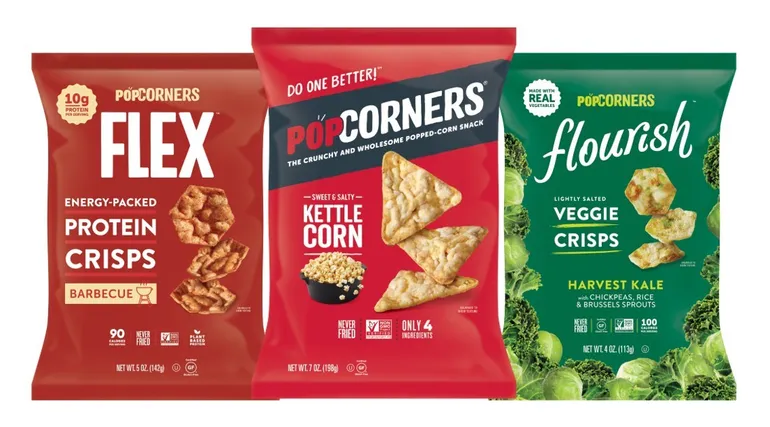In a recent announcement, Frito-Lay, a subsidiary of PepsiCo, revealed plans to close its facility in Liberty, New York, resulting in the layoff of all 287 workers. The closure is scheduled for this spring, with layoffs expected to begin on May 21 and run through June 6. This decision was outlined in a Worker Adjustment and Retraining Notification filing released last week. PepsiCo Foods U.S. has stated that they will be working closely with the affected employees and local community officials to provide support during this transition period.
This closure is part of a larger trend within the food and beverage industry, where companies are looking to streamline operations and align supply with demand. Last year, PepsiCo also closed a Quaker Oats factory in Danville, Illinois, as well as bottling plants in Cincinnati, Harrisburg, and Atlanta, resulting in the layoff of approximately 300 team members. The Liberty plant was acquired by PepsiCo in 2019 as part of the acquisition of BFY Foods, the original manufacturer of PopCorners.
In a statement addressing the closure, PepsiCo Foods U.S. acknowledged the contributions of the Liberty employees and expressed gratitude for their hard work and dedication. The decision to close the plant was attributed to the rapid growth of the PopCorners brand and the broader industry landscape, making it challenging to sustain the site’s long-term viability.
This closure is not isolated, as other companies in the industry have also announced layoffs and facility closures. Campbell Soup closed one facility and downsized another, resulting in over 400 job losses, while Del Monte closed two plants and laid off more than 200 employees. Additionally, food distributor Rich Products announced plans to lay off 139 employees and close a manufacturing facility in Santa Fe Springs, California.
Looking ahead, the landscape remains uncertain, with a survey conducted by Resume Templates indicating that nearly half of U.S. hiring managers foresee potential layoffs at their companies in the near future. This ongoing trend of closures and job losses underscores the challenges facing the food and beverage industry as companies navigate changing consumer preferences and market dynamics.


